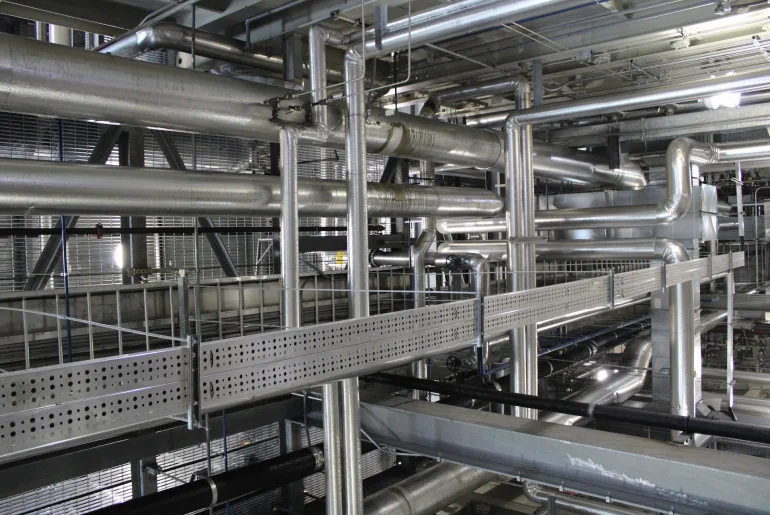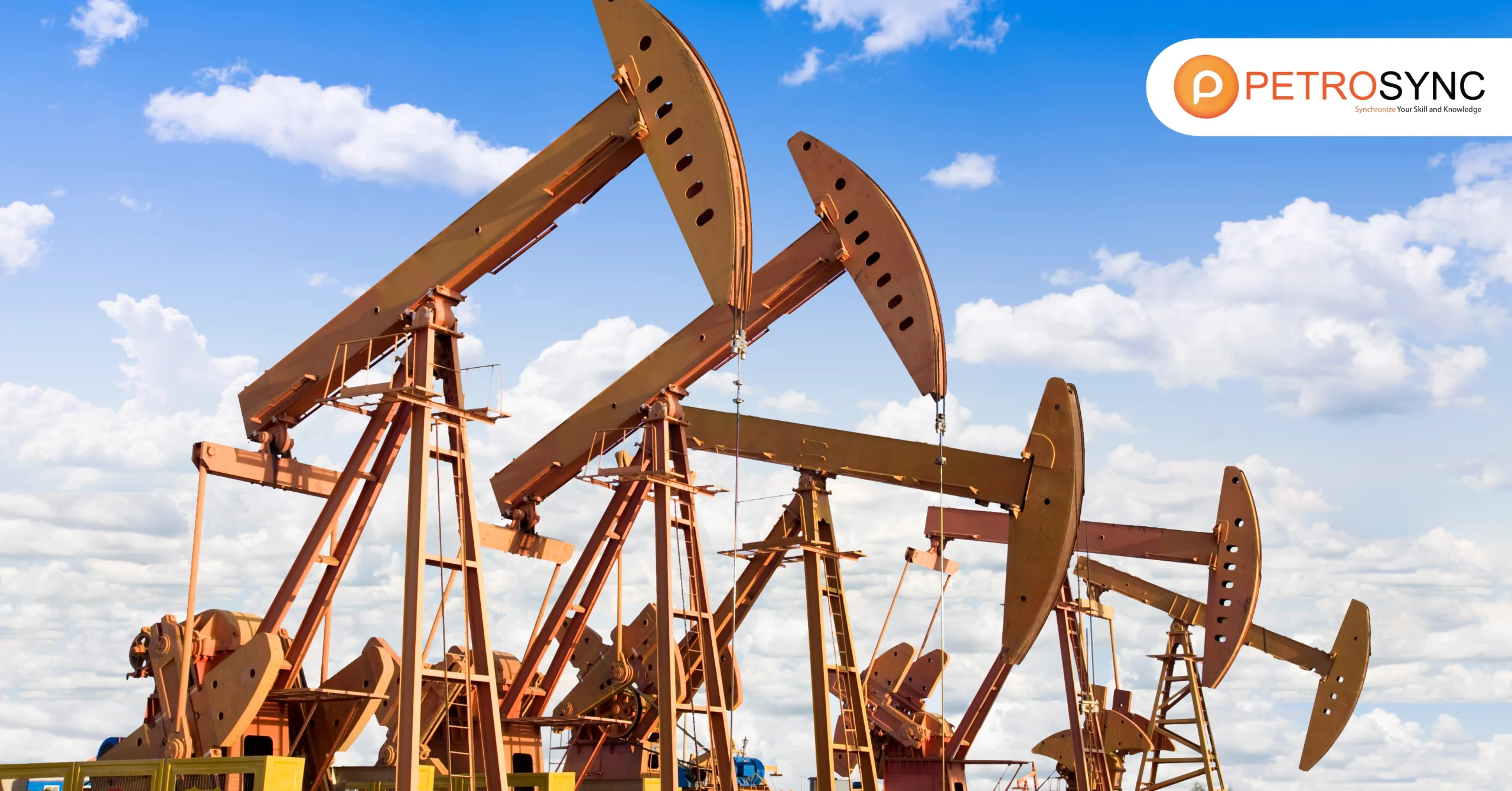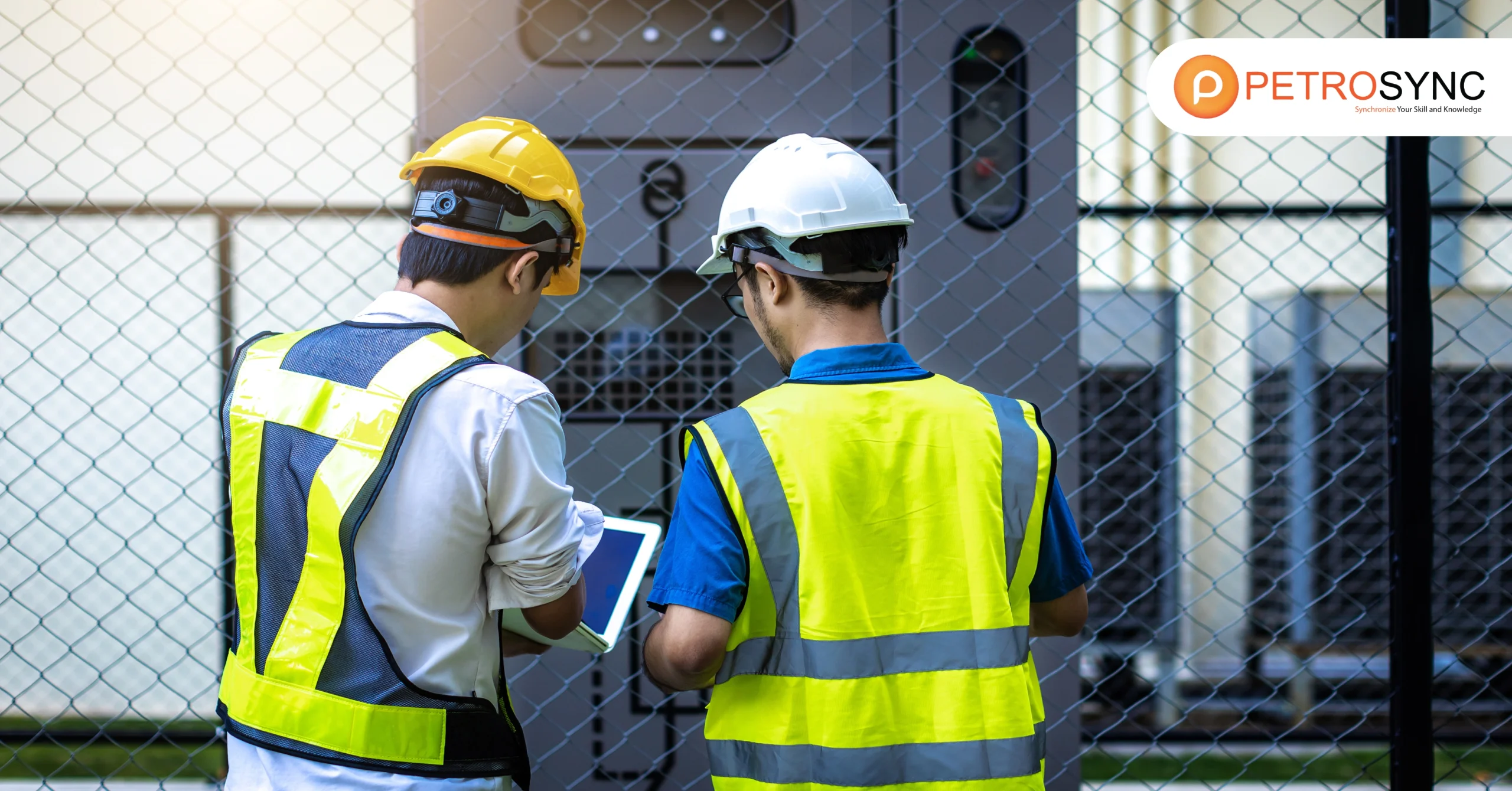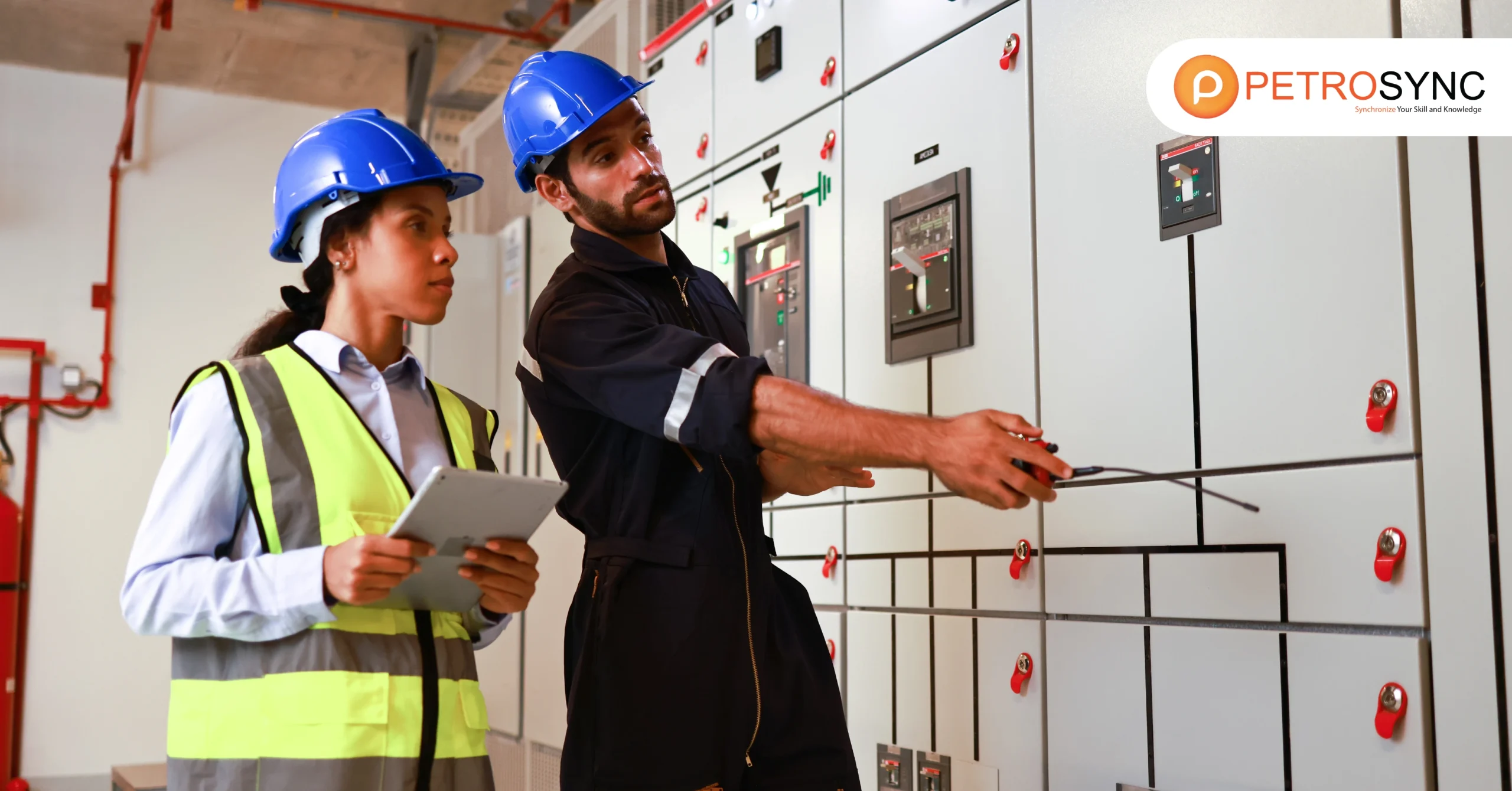API 570 Meaning understanding the API 570 Body of Knowledge is crucial for preparing for the API 570 certification. This comprehensive resource covers essential topics related to piping system inspection and equips candidates with the necessary knowledge and skills for the examination. Mastering the Body of Knowledge enhances certification prospects and establishes a strong foundation for a successful career in the industry.
What is API 570 Body of Knowledge?
The API 570 Body of Knowledge is a collection of knowledge and skills needed for you, as an exam taker, to obtain certification in API 570 Piping Inspection. The API 570 certification focuses on the inspection, repair, alteration, and rerating of metallic piping systems that are already in use.
The Body of Knowledge outlines the specific areas of knowledge that you must be proficient in to pass the API 570 examination. It covers various topics, including inspection techniques, types of corrosion, piping materials, welding processes, pressure testing, non-destructive examination (NDE) methods, documentation requirements, and relevant codes and standards.
Studying the Body of Knowledge along with API 570 study material allows you to focus on the specific topics you need to learn. By mastering this knowledge, you will not just gain expertise in inspecting and maintaining piping systems used in the oil and gas industry but also become confident in taking API 570 certification with sufficient preparation.
What is The Reference Publication of API 570?
The API 570 reference publication includes relevant API and ASME standards, essential for the API 570 certification. This comprehensive resource provides guidelines for you to map every specific information included in API 570.
- API Standard 570, Inspection, Repair, Alteration, and Rerating of In-Service Piping Systems
- API Recommended Practice 571, damage mechanisms Affecting Fixed equipment in the Refining Industry
- API Recommended Practice 574, Inspection Practices for Piping System Components
- API Recommended Practice 577, Welding Inspection and Metallurgy
- API Recommended Practice 578, Guidelines for a Material Verification Program (MVP) for New and Existing Assets
- ASME Boiler and Pressure Vessel Code
- Section V, Nondestructive Examination
- Section IX, Qualification Standard for Welding, Brazing and Fusion Procedures; Welders; Brazers; and Welding, Brazing and Fusing Operators
- B16.5, Pipe Flanges and Flanged Fittings
- B31.3, Process Piping
What Topics Does API 570 Cover in The Exam?
The API 570 exam encompasses a wide range of subjects pertaining to piping inspection and evaluation. It includes key areas such as:
1. Corrosion Rates and Inspection Intervals
API 570 provides guidelines for determining corrosion rates and inspection intervals for piping systems. Corrosion rates are measured to assess the extent of corrosion over a specific timeframe, typically in mils per year (MPY) or millimeters per year (mm/y).
Inspection intervals determine how frequently inspections should be performed to monitor corrosion and ensure piping integrity. Factors such as piping material, environmental conditions, and operating parameters influence the specific corrosion rates and inspection intervals.
2. Weld Joint Quality Factors and Casting Quality Factors
The guidance on evaluating the quality of weld joints and castings in piping systems is also discussed in API 570. It covers factors such as weld type, procedures, and defects. The standard outlines criteria for acceptable weld joint quality and offers inspection methods.
Additionally, it addresses casting quality factors, including defects and material properties. API 570 ensures that welding and casting processes meet the required standards.
3. Internal Pressure or Minimum Thickness of Pipe
API 570 also provides guidance on assessing the impact of internal pressure on the minimum thickness of pipes in piping systems. The standard outlines methods for determining the minimum required thickness to withstand internal pressure under different operating conditions. It offers formulas and considerations to ensure the structural integrity and safety of the pipes.
4. Pressure Testing
Methods, requirements, and documentation for conducting tests to ensure pipeline integrity are mentioned in API 570. The standard addresses factors such as test pressure levels, duration, and acceptance criteria.
5. Impact Testing
In API 570, impact testing covers the evaluation of material toughness under low temperatures and dynamic loading conditions. The standard outlines test requirements and acceptance criteria to ensure the suitability and safety of materials.
6. Preheating and Heat Treatment Requirements
The subject regarding the evaluation of material toughness under low temperatures and dynamic loading conditions is covered in API 570. The standard outlines test requirements and acceptance criteria to ensure the suitability and safety of materials.
7. Thermal Expansion
API 570 provides guidance on addressing thermal expansion in piping systems. It covers material selection, design considerations, and installation techniques to accommodate temperature-induced expansion. The standard emphasizes the importance of preventing excessive stress and offers recommendations for expansion joint design and pipe routing.
8. Minimum Wall Thickness and Working Pressure for Flanges
The guidelines for determining the minimum wall thickness and working pressure of flanges in piping systems are mentioned in API 570. It covers calculations, considerations, and compliance with codes and standards. The standard ensures that flanges are designed to withstand the specified working pressure.
9. Minimum Required Thickness of A Permanent Blank ASME B31.3, Par. 304.5.3)
API 570 provides guidance on determining the minimum required thickness of permanent blanks in piping systems, as specified in ASME B31.3, Paragraph 304.5.3. The standard covers calculations and considerations for material properties, operating conditions, and safety margins. By adhering to these specifications, API 570 ensures the integrity and safety of the piping systems in the oil and gas industry.
What Are The Welding Procedure and Qualification Evaluation for API 570?
In API 570, the evaluation of welding procedures and qualifications is an important aspect. This involves:
1. ASME BPVC, SECTION IX
To comply with ASME Boiler and Pressure Vessel Code and API-570 requirements, the following steps are crucial:
- Verify procedure and qualification records’ compliance
- Ensure proper consideration of essential and non-essential variables;
- Evaluate appropriateness and acceptability of mechanical test results; and
- Confirm the welder’s qualification for production welding according to the WPS.
2. ASME B31.3
The inspector should be familiar with and understand the general rules for welding in ASME B31.3, Chapter V such as:
- Typical joints and definitions
- Weld sizes
- Restrictions on joints
- Maximum allowable reinforcement
- Inspection requirements
- Preheating and Heat Treatment
3. API Standard 570
API-570 welding rules take precedence over those in ASME, B31.3. However, the examination does not cover non-technical requirements or editorial aspects such as WPS revision level or company details. The API Authorized Piping Inspector must ensure that the PQR and WPQ are signed and dated.
4. API RP 577
The inspector shall be familiar with all the requirements of and information in API RP 577
How Is Non-Destructive Examination (NDE) Discussed in API 570 Body of Knowledge?
API 570’s Body of Knowledge discusses Non-Destructive Examination (NDE) in relation to inspecting and evaluating piping systems. It covers various NDE techniques used to assess the reliability and integrity of piping components.
1. ASME Section V, Nondestructive Examination
ASME Section V provides an explanation of Nondestructive Examination (NDE) techniques. This section of the ASME code outlines various methods used to assess the integrity and quality of materials and components without causing damage. The highlighted parts are:
- Article 1: General Requirements
- Article 2: Radiographic Examination
- Article 6: Liquid Penetrant Examination (Including mandatory appendices II and III)
- Article 7: Magnetic Particle Examination (Yoke and Prod techniques only)
- Article 9: Visual Examination
- Article 10: Leak Testing (Including Mandatory Appendix I Bubble Test –Direct Pressure Technique)
- Article 23: Ultrasonic Standards, Section SE–797 only – Standard practice for measuring thickness by manual ultrasonic pulse-echo contact method
2. ASME B31.3 and API-570: General nondestructive examination requirements
Another Non-destructive Examinations are mentioned in the following standard:
- ASME B31.3: The inspector should be familiar with and understand the general rules for NDE (Chapter VI).
- API Standard 570: The inspector should be familiar with and understand the general rules for NDE in API-570.
What Are The Practical Knowledge (General) Included in API 570 Body of Knowledge?
The topics covered in this section of API 570 are not explicitly mentioned because they can change depending on the API 570 examination’s context and scope. However, it usually encompasses a wide range of subjects related to inspecting, repairing, altering, and rerating piping systems in the oil and gas industry as mentioned below:
- Organization and Certification Requirements.
- Types and Definitions of Maintenance Inspections.
- Welding on Piping
- Corrosion and Minimum Thickness Evaluation.
- Estimated Remaining Life.
- Inspection Interval Determination and Issues Affecting Intervals.
- Maintenance Inspection Safety Practices.
- Inspection Records and Reports.
- Repairs/Alterations/Reratings to Piping.
- Rerating Piping.
- Pressure Testing After Repairs, Alterations, or Rerating.
- Pressure Temperature Ratings
- Markings
- Materials
- Dimensions
- Test
- Limiting Dimensions of Gaskets
- Methods for Establishing Pressure-Temperature Ratings
- Methods of performing positive material identification and related record keeping.
What Are The Practical Knowledge (Specific) Included in API 570 Body of Knowledge?
In API 570, the “Practical Knowledge – Specific” section is dedicated to the practical knowledge needed for inspecting and maintaining piping systems. It covers various topics directly related to the practical aspects of working with piping systems in the oil and gas industry.
- API-570, Inspection, Repair, Alteration, and Rerating of In-Service Piping Systems – the entire document is subject to testing
- API RP 571, Damage Mechanisms Affecting Fixed Equipment in the Refining Industry
- API RP-574, Inspection of Piping, Tubing, Valves, and Fittings (The entire document is subject to testing) API RP 577, Welding Inspection and Metallurgy (The entire document is subject to testing)
- API RP 578, Material Verification Program for New and Existing Alloy Piping Systems (The entire document is subject to testing)
- ASME B16.5, Pipe Flangesand Flanged Fittings
The API 570 Body of Knowledge may initially appear overwhelming, considering the multitude of aspects it covers. However, by joining PetroSync, you gain access to a comprehensive platform that expertly breaks down each point and provides the necessary knowledge to excel in the field of piping inspection.
PetroSync offers valuable resources, API 570 prep courses, and expert guidance to help you navigate through the intricacies of API 570. With their assistance, you can confidently prepare for the API 570 certification, acquiring the skills and understanding required to ensure the safe and efficient operation of piping systems. Join API 570 training to unlock the path to success in piping inspection and API 570 certification with PetroSync!
Credit header image: pexels.com

SEO specialist by day, fact-checker by night. An avid reader and content writer dedicated to delivering accurate and engaging articles through research and credible sources.







